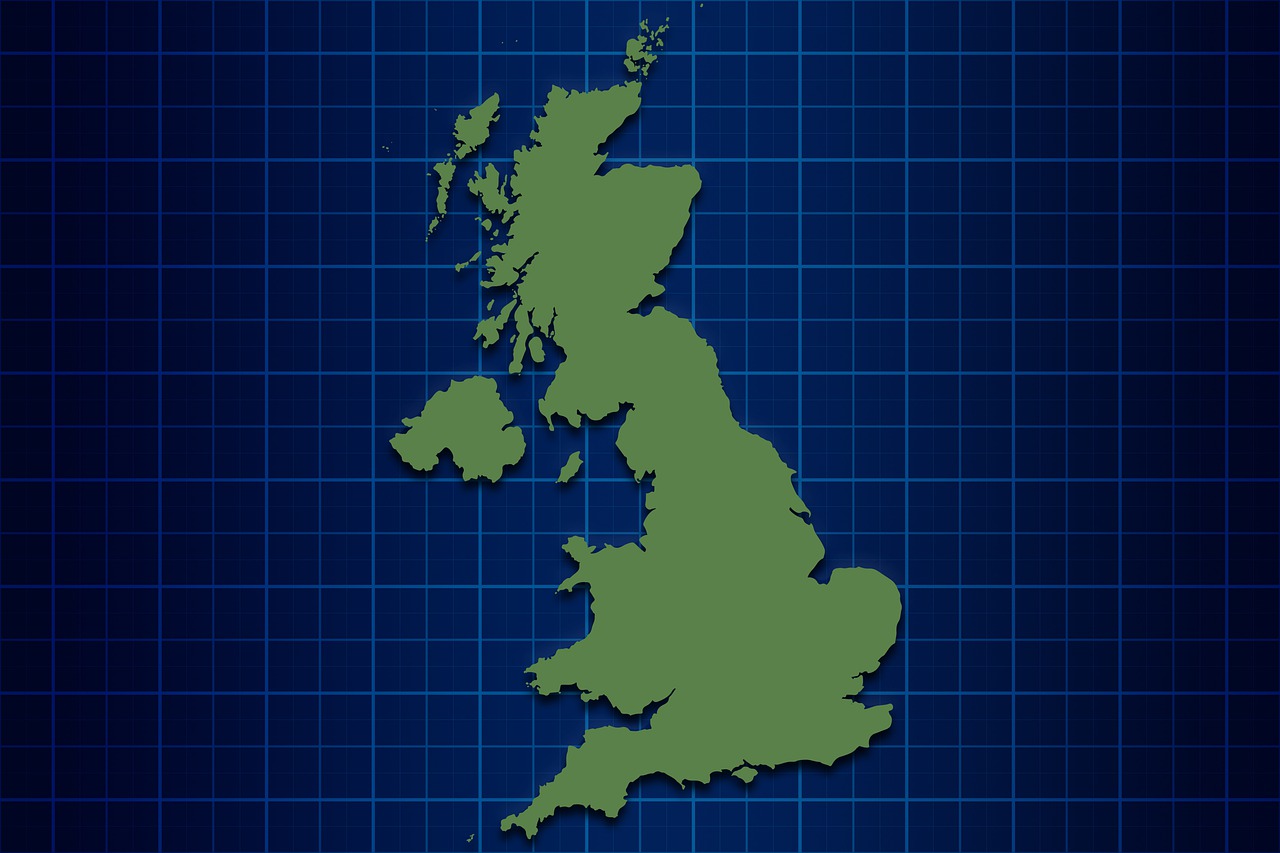Even with the introduction of devolution in Scotland and Wales at the end of the 20th Century, there is a sense that these isles are now approaching a significant constitutional crossroads. Each nation has, in recent decades, developed an individual political culture with clear distinguishing features from the workings of Westminster and their neighbours.
In Northern Ireland, a bespoke system of checks and balances derived from the Good Friday Agreement has been put in place. While success has been intermittent in terms of Stormont’s operation, any differences have been pursued in the political arena rather than through armed conflict. However, this equilibrium is presently at risk due to the UK Government’s position on the Northern Ireland Protocol.
In Scotland, the growth of the Scottish National Party (SNP), from a level where it achieved less support proportionally in 1999 than Plaid Cymru in Wales, has seen Scottish independence once again dominate the UK constitutional debate. A second referendum is demanded for October 2023, posing a serious challenge to the newly confirmed Prime Minister in London.
In Wales, partly due to the shortcomings of the original devolution settlement, there remains considerable reluctance, on Westminster’s part, for the nation to obtain some of the powers taken for granted in Northern Ireland and Scotland, including control over the police and judicial system. The focus has been on the gradual accretion of extra responsibilities in the last quarter of a century through four separate Wales Acts.
And yet, most parts of the UK are still to secure a strong voice in decision making, particularly the English regions. England itself lacks a discrete national parliament through which its internal inequities may be addressed. It now comprises over 56 million people, more than five times the total number living in the other nations combined. This imbalance is surely one of the reasons why support for constitutional change is coalescing.
Today, the UK’s withdrawal from one union, the EU, has intensified debates in Scotland and Wales about whether it should lead to the departure of their territories from another, the UK. The situation in Northern Ireland is more complex, but the inevitability of a future border poll on Irish unity is progressively recognised. Further England endures as the most highly centralised country in Europe. The limited powers assigned to the mayors and combined local authorities do not compensate for the centralist culture of Westminster and Whitehall. The unitary state both conflates the UK government with governing England and compels a London-centric outlook on both.
The devolution measures of the 1990s were insufficiently thought out. If England joins Wales, Scotland and Northern Ireland in moving towards a parliament, then the UK will require new provisions for governance. A renewed constitutional settlement based on partnership principles rather than unitary centralism would prove invaluable across the political spectrum, with some finding reassurance in attempting to articulate the more distinctive elements of the UK’s practices in a codified constitution or treaty, and with others seeking to cement the sovereignty position of the four nations individually in relation to a common British civic structure.
The risk today is not so much that exploration of constitutional futures is not being had, but that it is pursued separately within each nation instead of collectively as neighbours. Sinn Fein’s May 2022 election victory has made more acute the UK’s diverse political fabric, joining a Conservative government in London, a Labour senedd in Wales and an SNP parliament in Scotland. Any state where a significant proportion of its electorate votes in large numbers for parties that wish to secede from its governance must reflect and find ways of alleviating the issues apparent.
If we do not advance a UK–wide constitutional conversation, there is a possibility that our island relationships could fracture. The fact that Scotland is considering a second independence referendum so soon after its first poll, without constructively having had the opportunity to start engagement with an isles-wide convention in the intervening time, illustrates the point.
Drawing on history, the failure to adapt and deliver Irish Home Rule in the period before the First World War resulted in an upsurge of more radical voices and the eventual departure of the greater part of Ireland from the union. It was an unnecessary breakdown in British statecraft, and a mistake from which the politicians in power today must learn. The propensity for inertia and resistance to change must not be underestimated.
Further, the ongoing Commission on the Constitutional Future of Wales, established by the Welsh Government, should be viewed only as preparation towards a broader initiative involving all elements of English, Northern Irish, Scottish, Welsh, and British society. My own response to the Commission’s work, which discusses the ‘pros and cons’ of devolution, federalism, confederalism and a model in-between (i.e. confederal-federalism) is available here to read. These constructs are based on partnership principles.
The application of a more deliberative democracy, exercised at the national level rather than that of central institutions, is predicated on the assumption that genuine decision-making demands active participation by the public in society’s debates and developments, over and above that of simply casting votes at elections. We must now embrace a UK-wide Constitutional Convention so as to build collective not separate visions when reviewing what kind of constitutional future would get the greatest possible support and traction across these isles.
Glyndwr Cennydd Jones is a Fellow of the Institute of Welsh Affairs and an advocate for a UK-wide constitutional convention. His booklet A League-Union of the Isles is available here as an e-book and here as an easily printable pdf version.







Very interesting, especially for me being Welsh but from mid Wales which seemed especially forgotten. I am old enough to remember bookshops etc that stated ‘For Wales, see England’ and as a lawyer your points are well taken for law and the justice system. Anyway, things much improved and as I still work in the European Commission, I know that Wales is seen as a very serious ‘player’ today.